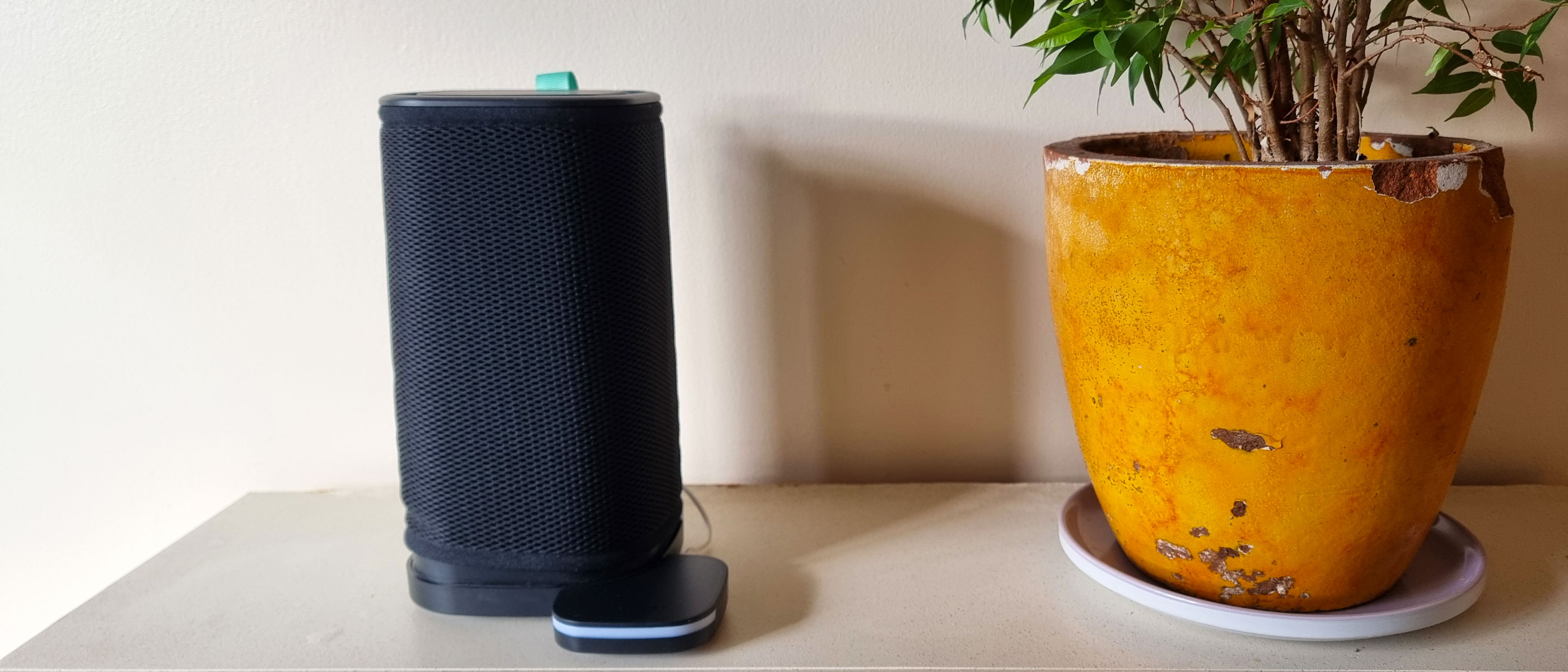Hillary Clinton Less Powerful Than Bill in News Interviews
Some pundits say former President Bill Clinton and Sen. Hillary Clinton operate like a unified political animal. But a study of their TV and radio interviews reveals that gender separates the speech of the power couple, such that he "talks like a man" and she is "ladylike." Well-known interviewers also treated each of the Clintons differently, possibly due to gender stereotypes and expectations. Camelia Suleiman of Florida International University and Daniel C. O'Connell of Georgetown University recently examined three TV interviews and two radio interviews with the former president in June 2004 and three TV interviews and two radio interviews with Hillary Clinton in June 2003. All were conducted by the same journalists: Larry King of CNN, Katie Couric of NBC, David Letterman of CBS, Juan Williams of NPR and Terry Gross of NPR. Sen. Clinton was nearly three times more likely to use "you know" than her husband, a "hedge" phrase that downgrades or diminishes the power of a statement. Previous research shows that women use hedges more than men. She also used the word "so" more frequently than her husband, a word that is often used to underline or intensify what is said. This finding also goes along with previous work that shows women use intensifying words more than men and that this marks women and their language as powerless. "Even though Hillary Clinton is a politician herself, she still follows, to some extent, the historic designation of women's language as the language of the non-powerful," the researchers wrote. The researchers say their findings should be taken with a grain of salt: "We are comparing only two individuals … but Bill and Hillary's language does reflect the historic power relations between men and women." Sen. Clinton has announced her presidential candidacy in the intervening years since the data were collected, but Suleiman said she would find the same gendered talk in data collected more recently. "I believe it does hold true four years later," she told LiveScience. "This is Hillary Clinton’s personal style as compared to Bill Clinton’s." The results are detailed in the latest issue of the Journal of Psycholinguistic Research. Call me Bill Gender sometimes entered the mix via the speech of the interviewer, moreso than via the speech of the politician being interviewed, Suleiman and O'Connell said. For instance, calling someone by their first name rather than their last name can be seen as casual and even disrespectful in some professional and political situations, and in fact, no interviewer addressed the former president with his first name. However, Sen. Clinton was addressed by her first name when the interviewer was a man, but never when the interviewer was a woman. Meanwhile, Bill Clinton never addressed his interviewers by their first name, while Hillary Clinton did, males and females alike. She might have been attempting to establish camaraderie, the researchers wrote, especially when she was regularly being asked in these interviews about her husband's infidelity, her personal appearance, her daughter, her relationship with her husband, her childhood and doing what is right, along with her potential presidential candidacy, her comments about Republicans and health care. Interviewers asked President Clinton about his presidency, his wife's possible presidential candidacy, his personal affairs, scandals, politics in the Middle East and Rwanda, his impeachment and John Kerry's candidacy, the analysis showed. Conceding the floor Gender differences in the interviews could also have to do with the power status of a former U.S. president compared to the status of a senator, the researchers said. Overall, President Clinton dominated interviews more than his wife, as measured in syllables spoken. He spoke 82 percent of all syllables in the combined interviews, while she spoke 77 percent of the syllables in the sum of all those in her interviews, Suleiman and O'Connell wrote. "Interviewers are obviously deferring to Bill Clinton more than to Hillary Clinton," the authors wrote. In general, the meaning of speaking strategies can change depending on the cultural and social context as well as immediate contexts, Suleiman said. "Therefore, women in politics, while bringing women's [linguistic] style to politics, can bring in a transformation of the meaning of these linguistic strategies and hence associate them with powerful language as well," she said. "In other words, we (as users of language) define social relations through language, just like social relations, simultaneously define the way we speak."
- Top 10 Ailing Presidents
- College Students Know More About Politics Than About American Idol
- White House Press Cuts Presidents Few Breaks
Sign up for the Live Science daily newsletter now
Get the world’s most fascinating discoveries delivered straight to your inbox.
Robin Lloyd was a senior editor at Space.com and Live Science from 2007 to 2009. She holds a B.A. degree in sociology from Smith College and a Ph.D. and M.A. degree in sociology from the University of California at Santa Barbara. She is currently a freelance science writer based in New York City and a contributing editor at Scientific American, as well as an adjunct professor at New York University's Science, Health and Environmental Reporting Program.











